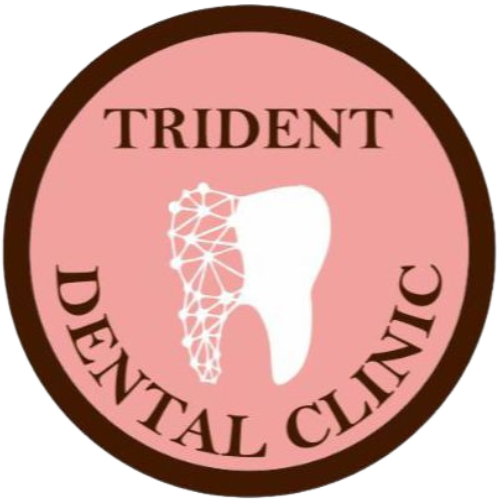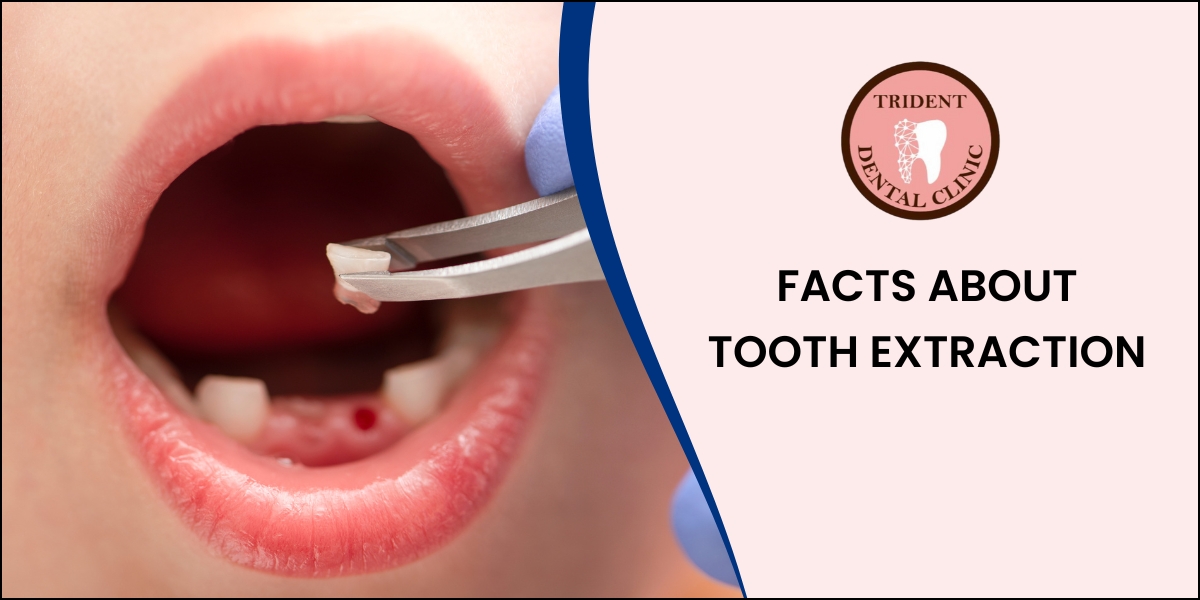Things To Know About Tooth Extraction Tooth extraction—the very phrase can make anyone a little nervous. However, it’s one of the most common dental procedures performed worldwide, and when done for the right reasons, it’s a crucial step towards better oral health. Whether you’re facing an extraction soon or are just curious, understanding the process can ease your anxiety. Why Would a Tooth Need to Be Pulled? Dentists always prioritize saving your natural teeth. Extraction is considered only when a tooth is beyond repair or poses a risk to your overall dental health. Common reasons include: Severe Tooth Decay: When decay reaches the tooth’s pulp (the inner nerve tissue), it can cause a severe infection. If a root canal isn’t possible or has failed, extraction becomes necessary. Gum Disease: Advanced periodontal disease can loosen teeth by destroying the bone and tissues supporting them. Impacted Teeth: This is most common with wisdom teeth that get trapped in the jawbone or gums, often causing pain, swelling, and potential misalignment of other teeth. Crowding: Sometimes, teeth are extracted to create space before orthodontic treatment (braces) to ensure teeth align properly. Trauma or Fracture: A tooth severely broken or cracked in an accident may not be salvageable. Types of Tooth Extractions Simple Extraction: This is performed on a tooth that is visible in the mouth. The dentist loosens it with an instrument called an elevator and then removes it with forceps. You’ll receive a local anesthetic, so you’ll feel pressure but no pain. Surgical Extraction: This is a more complex procedure for a tooth that may have broken off at the gum line, hasn’t fully erupted (like impacted wisdom teeth), or requires special care. An oral surgeon may perform this, and sedation options are often available for maximum comfort. Crucial Aftercare for a Speedy Recovery Proper care after the procedure is vital to prevent complications like a dry socket (a painful condition where the blood clot dislodges) and to promote healing. Bite on Gauze: Gently bite down on the gauze pad placed by your dentist for 30-45 minutes to allow a blood clot to form. Manage Swelling: Apply an ice pack to the outside of your cheek in 15-minute intervals for the first 24 hours to reduce swelling. Rest: Avoid strenuous activity for at least 24 hours. Eat Soft Foods: Stick to cool, soft foods like yogurt, pudding, and mashed potatoes for the first day. Avoid hot, spicy, or crunchy foods. Avoid Sucking Actions: Do not smoke, use a straw, or spit forcefully for at least 72 hours, as this can dislodge the blood clot. Gentle Cleaning: Continue brushing your teeth but avoid the extraction site for the first 24 hours. After that, you can gently rinse with warm salt water. Visit Trident Clinic for Dental Care in Kharadi If you are experiencing tooth pain or have been advised to get an extraction, seeking expert care is essential. Trident Dental Clinic in Kharadi is equipped with latest technology and a team of experienced dentists and oral surgeons dedicated to providing pain-free and anxiety-free treatments. We offer everything from simple extractions to complex surgical procedures, including wisdom tooth removal in Kharadi, all within a comfortable and caring environment. Don’t let dental anxiety hold you back from achieving optimal oral health. If you’re looking for the best dental care clinic in Kharadi for a consultation, contact Trident Dental Clinic. Recent Posts Things To Know About Tooth Extraction Why Regular Teeth Cleaning Is Important for Dental Health Tips for Managing and Preventing Tooth Decay in Children and Adults The Truth About Root Canals: Are They Really Painful? Early Signs of Gum Disease & How to Prevent It Get In Touch Name(Required) First Phone(Required)Message(Required)CAPTCHA

